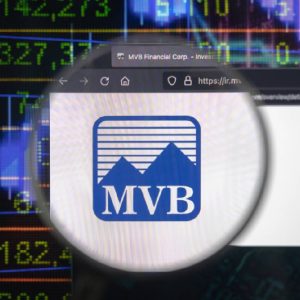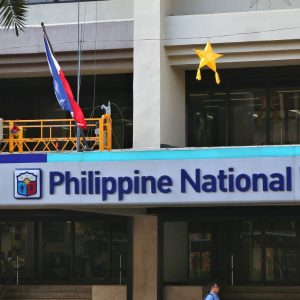The charges, which are said to be on top of £42bn already paid in the past five years, come as the banks including Barclays, HSBC, the Royal Bank of Scotland and Lloyds Banking Group continue to pay the price for past mistakes, The Guardian reported.
The £42bn charges are said to be equivalent to 7.5% of the revenues of the four banks during the period.
Due to mis-sold payment protection insurance (PPI), which serves as "a meaningful source of income for banks’ retail divisions", the PPI bill of Lloyds topped £12bn, bringing its total provisions to more than £14bn.
According to S&P, PPI was aimed at insuring customers against events that are unforeseen so debt repayments could be made.
S&P said that the latest estimate for the banks in the next two years is less compared to the £22bn for the past two years.
The extra costs are due to continuing compensation for retail customers in addition to various other issues, which may be foreign exchange, Libor as well as money laundering errors.
UK banks, according to the agency, were attempting to avoid running up huge bills in the future for the way they currently treat customers and behaviour in financial markets, media sources said.
Since 2011, the banks have also incurred over £5bn of expenses with regard to the country’s bank levy, the report added.






